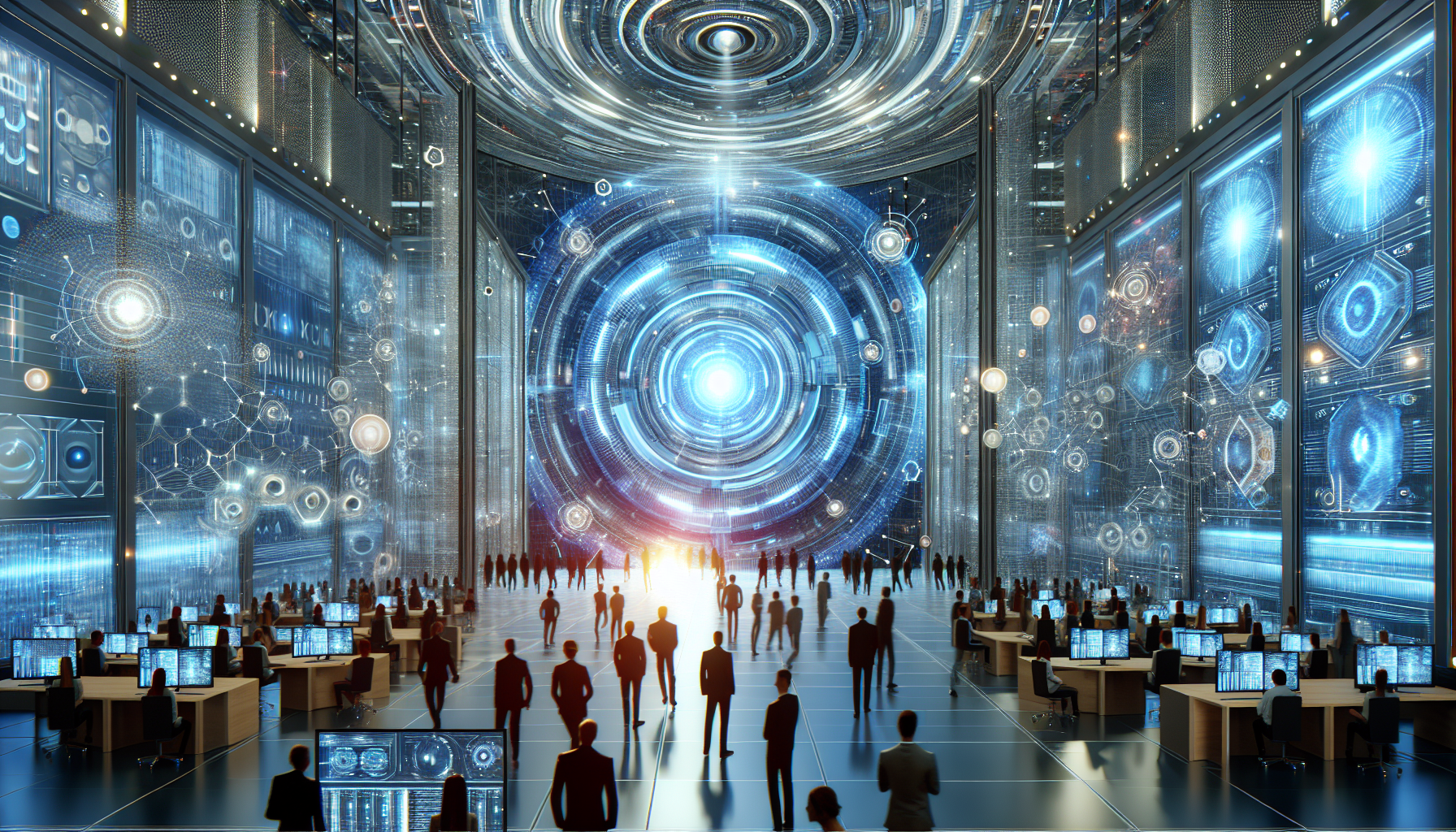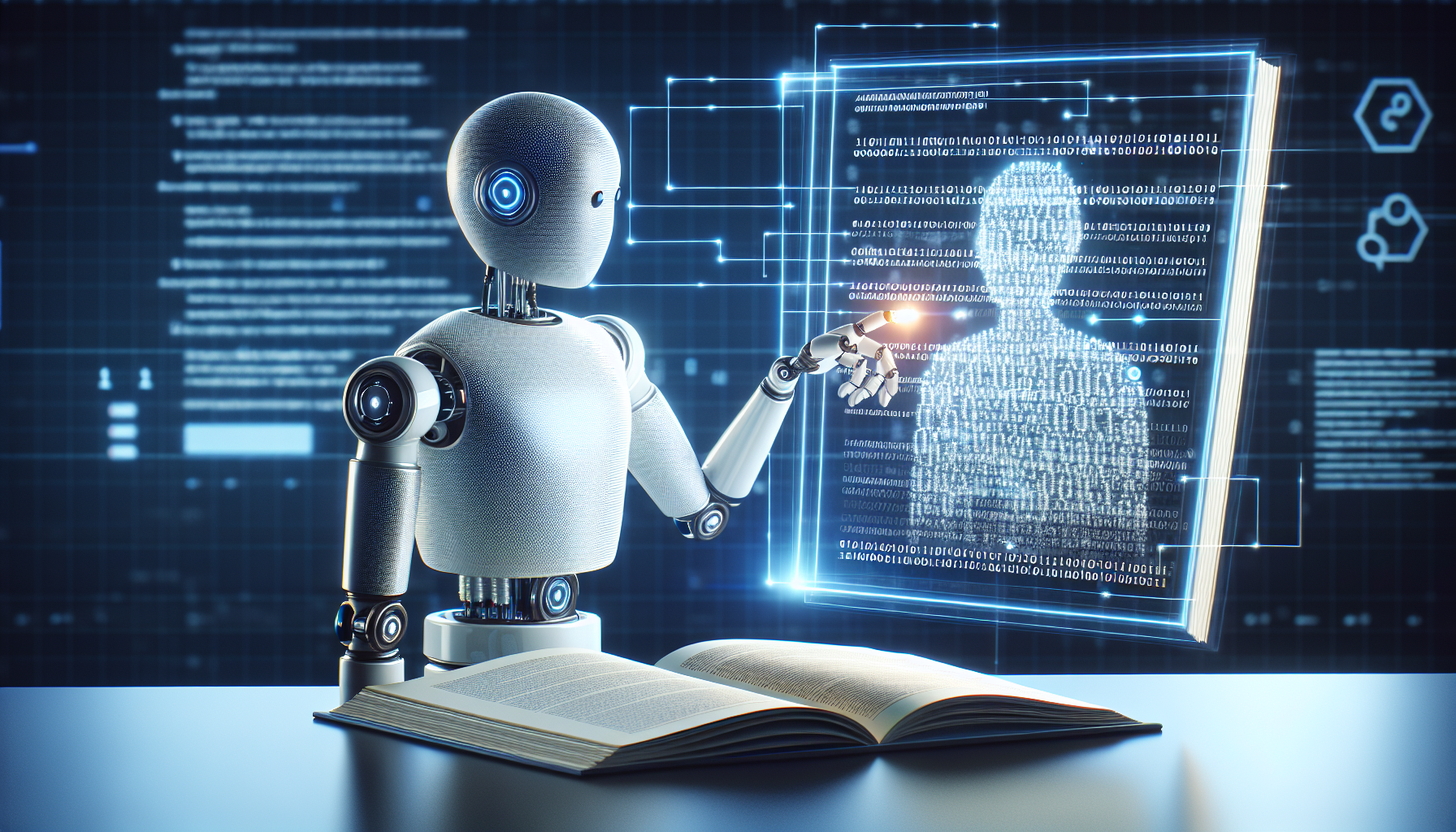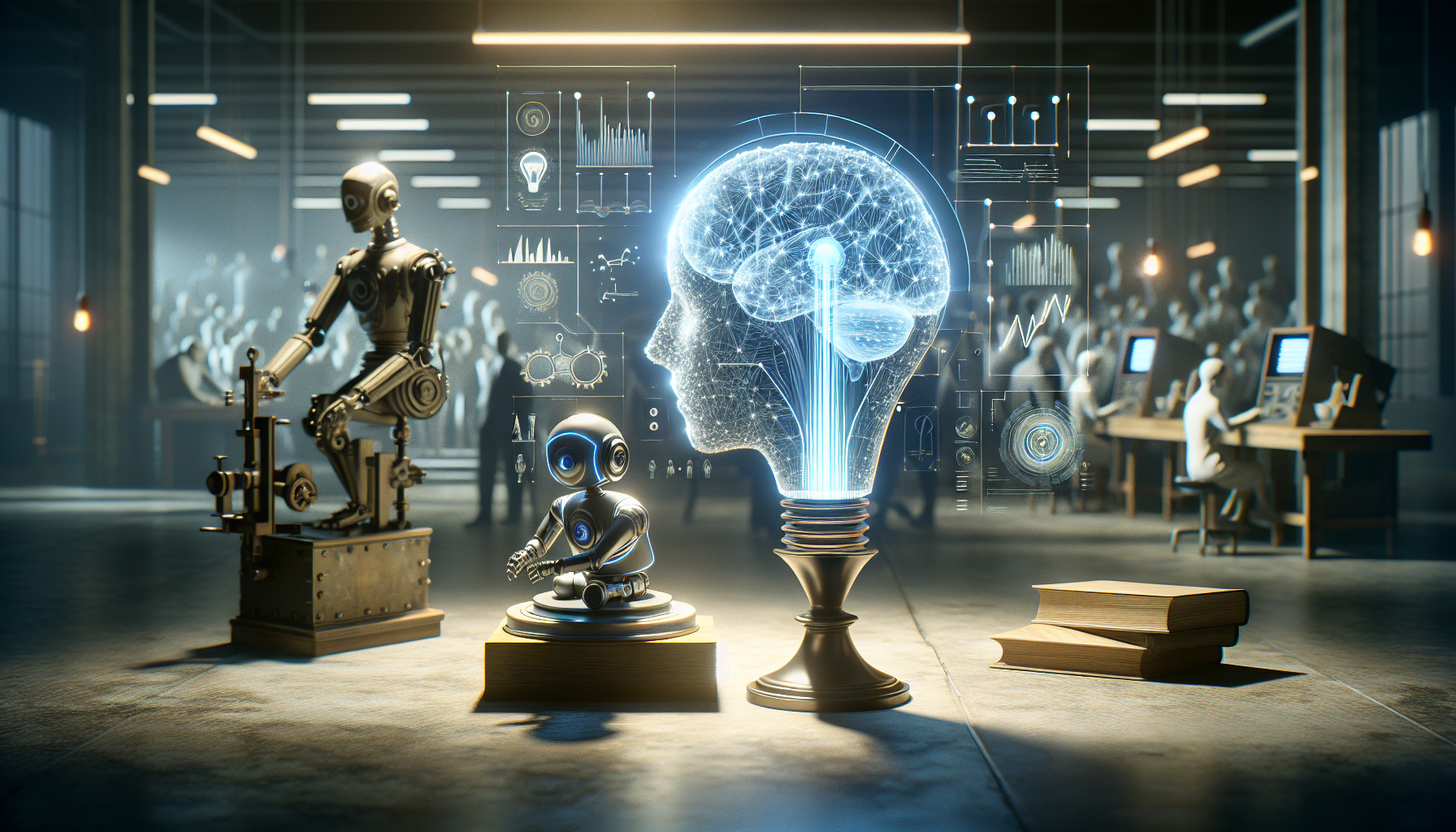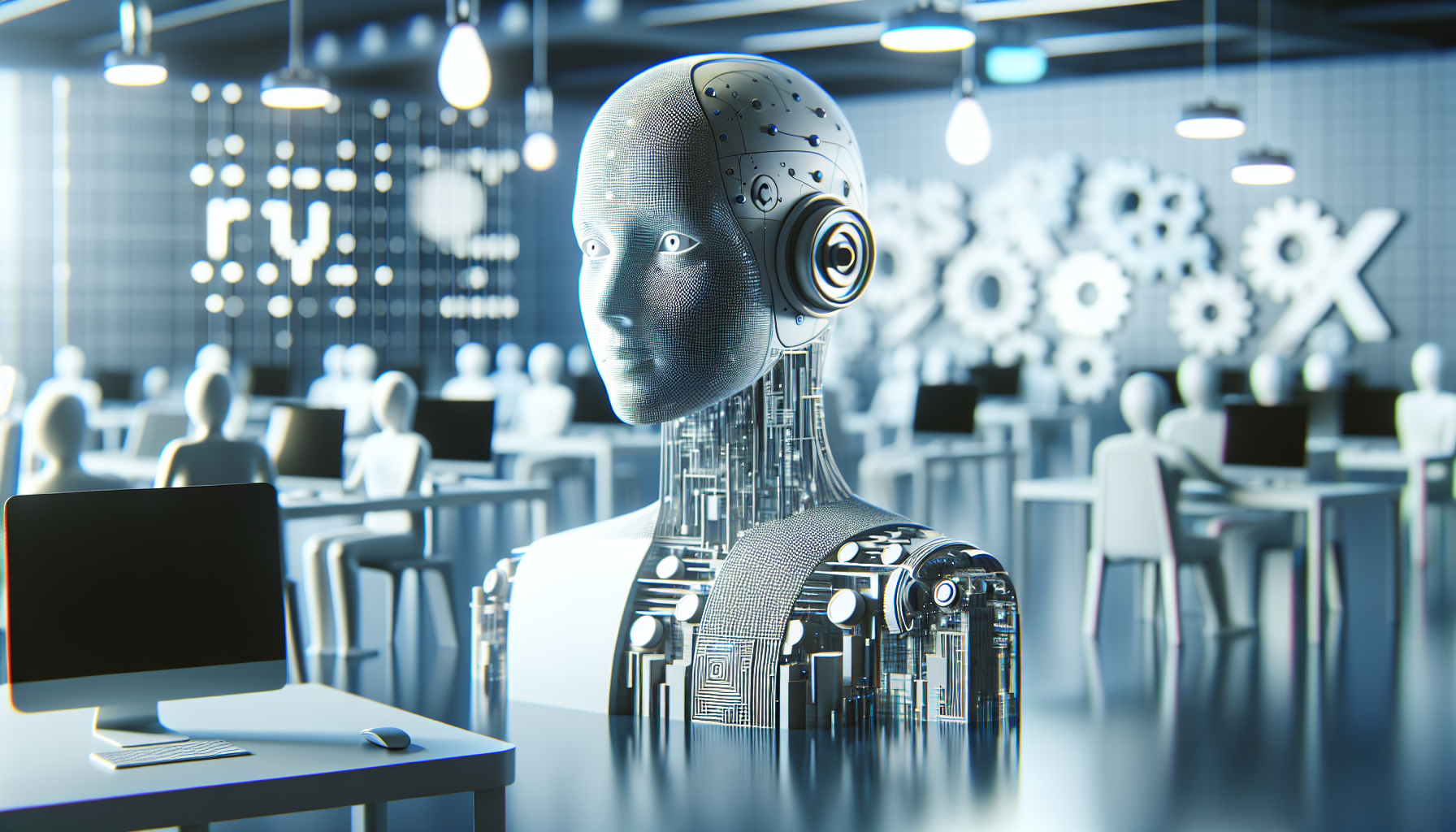
Artificial Intelligence: Paving New Paths for Accessibility and Empowerment
August 9, 2025
Imagine a world where barriers dissolve, where every individual, regardless of physical limitations, can participate fully in society. This isn't just a hopeful vision; it's the tangible promise of artificial intelligence (AI) in revolutionizing accessibility for people with disabilities. As we explore the future of this transformative technology, it becomes evident that AI holds the potential to empower millions, fostering an inclusive environment where abilities shine beyond limitations.
The magic of AI lies in its ability to learn, adapt, and predict. For individuals with disabilities, these capabilities translate into tools that enhance daily life, offering independence and opportunities previously unimaginable. Consider AI-driven assistive devices that interpret sign language into spoken words, enabling seamless communication for those who are deaf or hard of hearing. This isn't just about convenience; it's a bridge to broader social interaction and professional opportunities.
Visual impairment, long a barrier to navigating the world independently, is another area where AI shines brightly. Smart devices equipped with computer vision can describe surroundings, read text, and recognize faces, effectively acting as a visual guide for the blind. The future might see these technologies becoming even more sophisticated, integrating seamlessly into wearable devices that provide real-time feedback, opening new avenues for exploration and interaction.
Beyond individual devices, AI's potential to enhance accessibility is amplified when integrated into urban planning and infrastructure. Imagine cities where public transportation systems are intuitively accessible, where AI platforms analyze patterns to optimize routes and schedules, ensuring that everyone can move freely and efficiently. Smart cities, powered by AI, could transform the urban landscape into a tapestry woven with inclusivity, where the rhythm of life is in harmony with diverse needs.
Education, a cornerstone of personal and professional growth, stands to benefit significantly from AI's accessibility advancements. Personalized learning experiences, tailored to an individual's unique needs and pace, can become the norm. AI can adapt educational content to various formats, catering to different learning styles and disabilities. This adaptability ensures that knowledge is a right, not a privilege, and that every learner can reach their full potential.
In the workplace, AI's role in accessibility could redefine productivity and inclusion. Through intelligent automation and AI-driven interfaces, individuals with disabilities might navigate complex software with ease, participate in virtual meetings without barriers, and contribute their talents to a diverse range of industries. The future workplace could be a testament to the power of inclusivity, where talent knows no bounds and innovation thrives on diversity.
One of the most inspiring aspects of AI's role in accessibility is its potential to foster empathy and understanding. As AI systems become more adept at recognizing and responding to the needs of individuals with disabilities, society at large may gain a deeper appreciation for the challenges faced by these individuals. This increased awareness could lead to a more compassionate world, where differences are celebrated and inclusivity becomes a collective goal.
However, the journey towards an accessible future powered by AI is not without its challenges. Ethical considerations, such as data privacy and algorithmic bias, must be addressed to ensure that AI systems are fair and equitable. Collaboration between technologists, policymakers, and advocates is essential to navigate these complexities and create frameworks that prioritize the rights and dignity of all individuals.
Looking ahead, one can't help but wonder: How will these advancements shape our understanding of ability and potential? As AI continues to break down barriers, it invites us to reconsider what it means to be capable, to contribute, and to belong. It challenges us to envision a world where technology is not just a tool, but a partner in our quest for equality and empowerment.
In this unfolding narrative, AI is more than a technological marvel; it is a beacon of hope, illuminating paths to a future where accessibility is not an afterthought but a fundamental principle. As we stand on the cusp of this new era, the question emerges: How will we harness this power to create a world that truly values every voice, every mind, and every spirit? The answers lie in our collective imagination, our willingness to innovate, and our commitment to a future where everyone can thrive.


